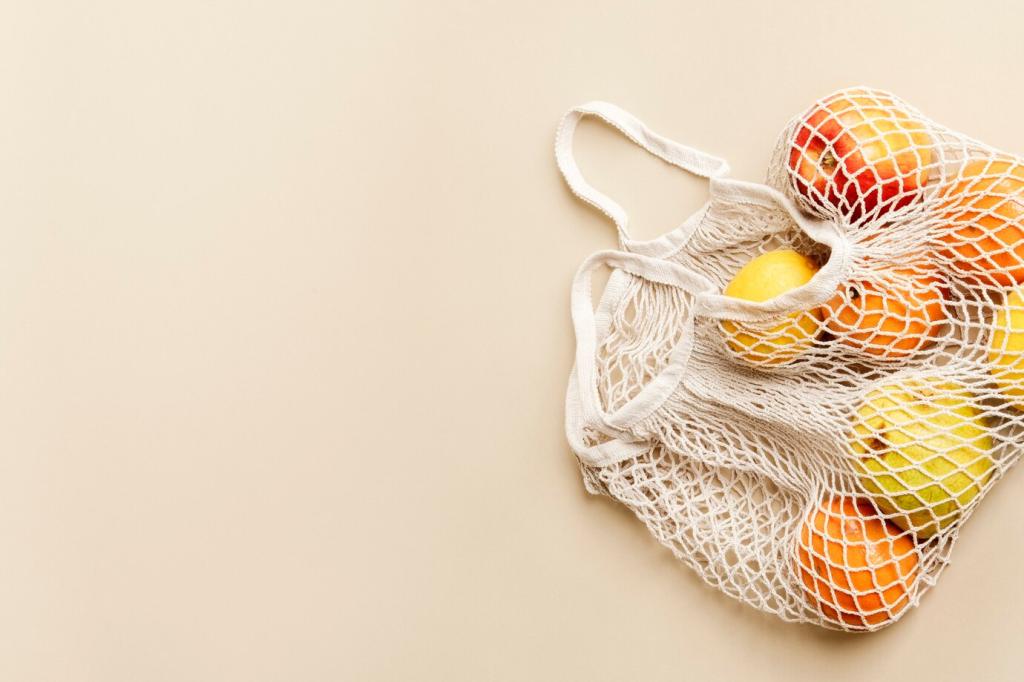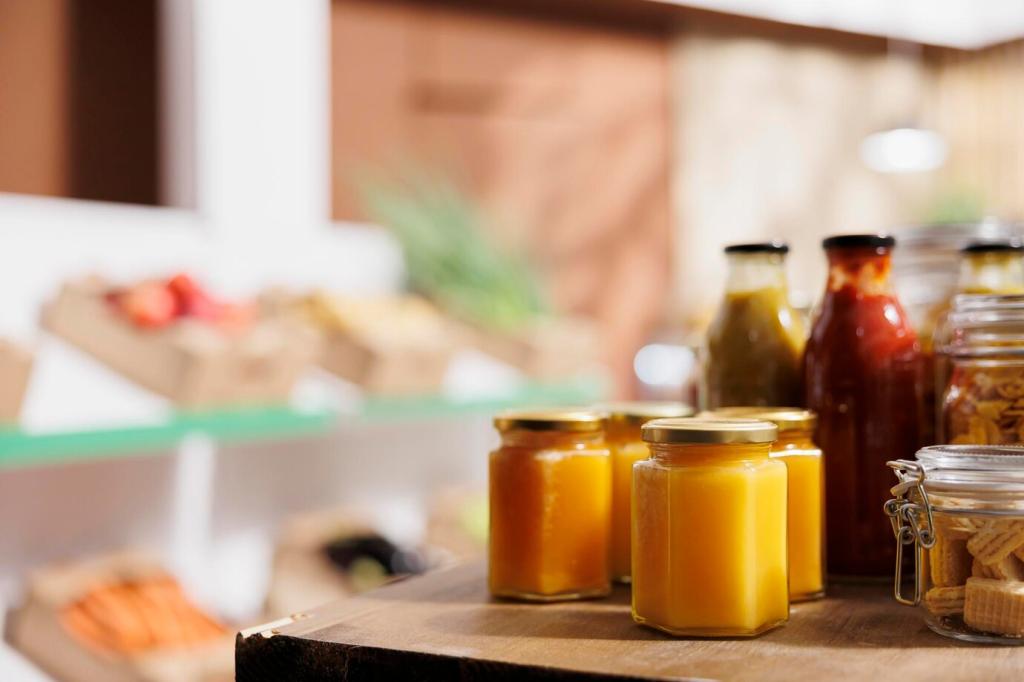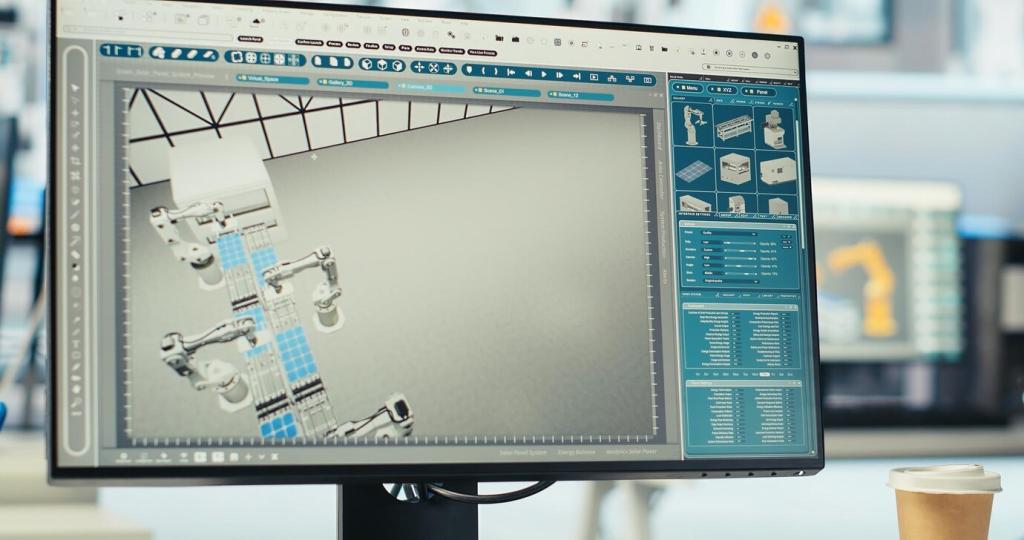
Reimagining Waste: Innovative Practices for Sustainable Living
Chosen theme: Innovative Waste Management Practices for Sustainable Living. Join us as we turn everyday trash into tomorrow’s resources, with practical ideas, uplifting stories, and smart systems you can start using today.
Set up clear, color-coded bins with bold labels and simple examples on the lid. A reader told us their apartment saw contamination drop after neighbors shared photos of correctly sorted items weekly.
Smart Sorting and Circular Design at Home
Composting Innovations for Urban Spaces
Bokashi uses effective microorganisms to ferment food scraps, including small meat and dairy amounts, without smells. One subscriber tucked a bin under the sink and traded finished pre-compost with a gardener downstairs.
Composting Innovations for Urban Spaces
Red wigglers quietly turn peels into nutrient-rich castings. A skeptical roommate became the worm bin’s biggest fan after seeing herb planters double in vigor, proving compost can be tidy, fast, and rewarding.
Composting Innovations for Urban Spaces
Coordinate with neighbors to schedule weekend drop-offs and rotating maintenance. A block association logged volumes, shared soil back to volunteers, and attracted a café sponsor who donated coffee grounds and airtight buckets.


Tech-Powered Waste Reduction
Weigh weekly trash and recycling, then tag materials in an app to reveal hotspots. One household noticed spike days after grocery deliveries and switched to refill options, cutting packaging weight significantly within a month.
Tech-Powered Waste Reduction
IoT bin sensors help prevent overflow and reduce unnecessary pickups. A nearby community pilot reported cleaner alleys and fewer truck miles, simply by aligning routes to real fill levels rather than fixed schedules.
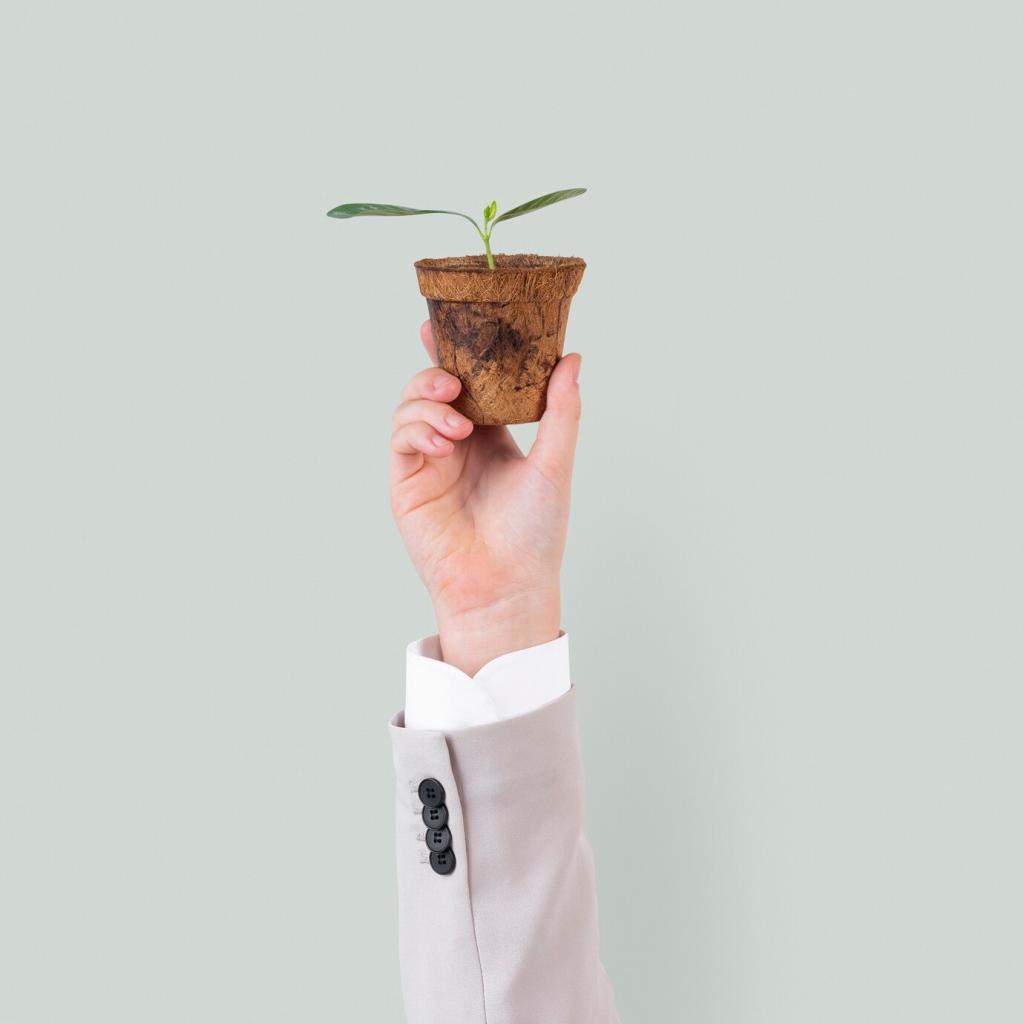
Build a Neighborhood Refill Map
Crowdsource a living map of stores offering detergent, coffee beans, oils, and spices by weight. Readers vote on hours, container policies, and best-value staples to keep refilling easy, predictable, and genuinely affordable.
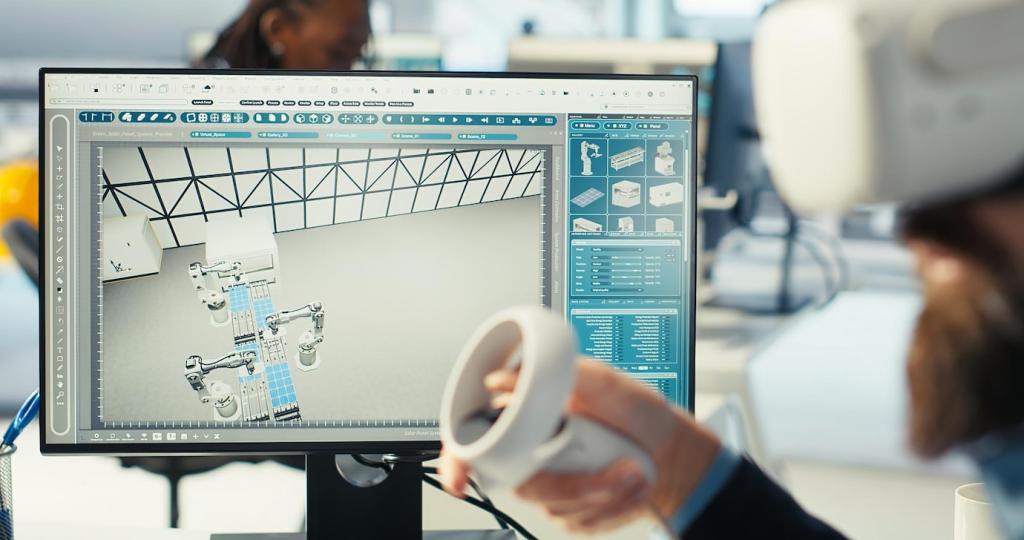
Join Reusable Packaging Loops
Subscription loops collect, sanitize, and redeploy sturdy containers. A family switched to looped pantry staples, loved the design, and found their recycling bin half-empty, proving convenience and aesthetics can support zero-waste habits.

Host a Friendly Swap and Refill Social
Organize a patio swap for jars, totes, and lunchboxes, then set up bulk dispensers for tea or granola. People leave with refilled goods and useful containers, plus a stronger sense of shared purpose.

Repair Cafés That Spark Confidence
Volunteer fixers help mend lamps, zippers, and toasters. One teen learned to solder at a Saturday session, then repaired classmates’ headphones, proving skills transfer quickly when communities gather around practical problem-solving.
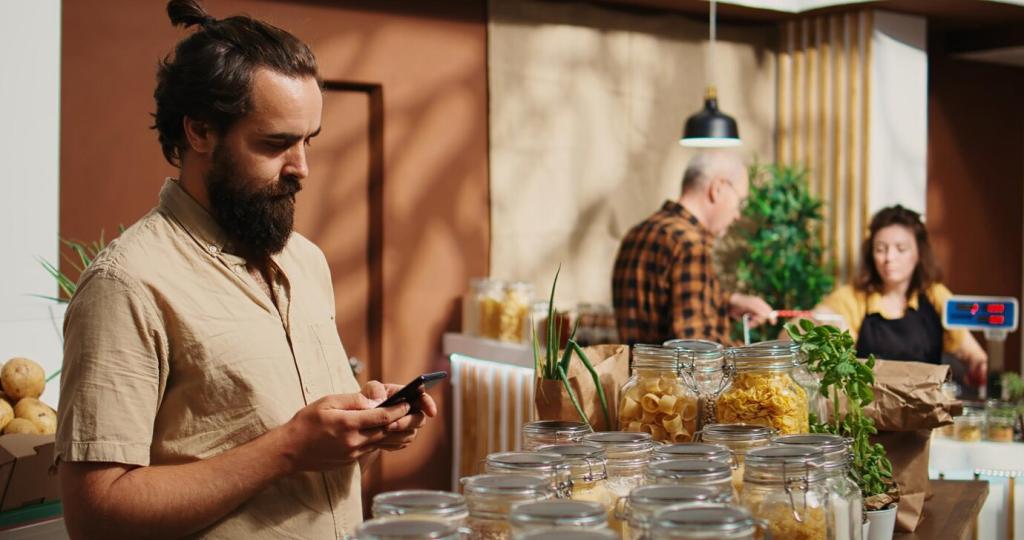
Upcycling Challenges With Real Impact
Try a monthly challenge: transform textiles into organizers, jars into planters, or pallets into benches. Share before-and-after photos, document avoided purchases, and inspire others to view materials as possibilities rather than discards.
